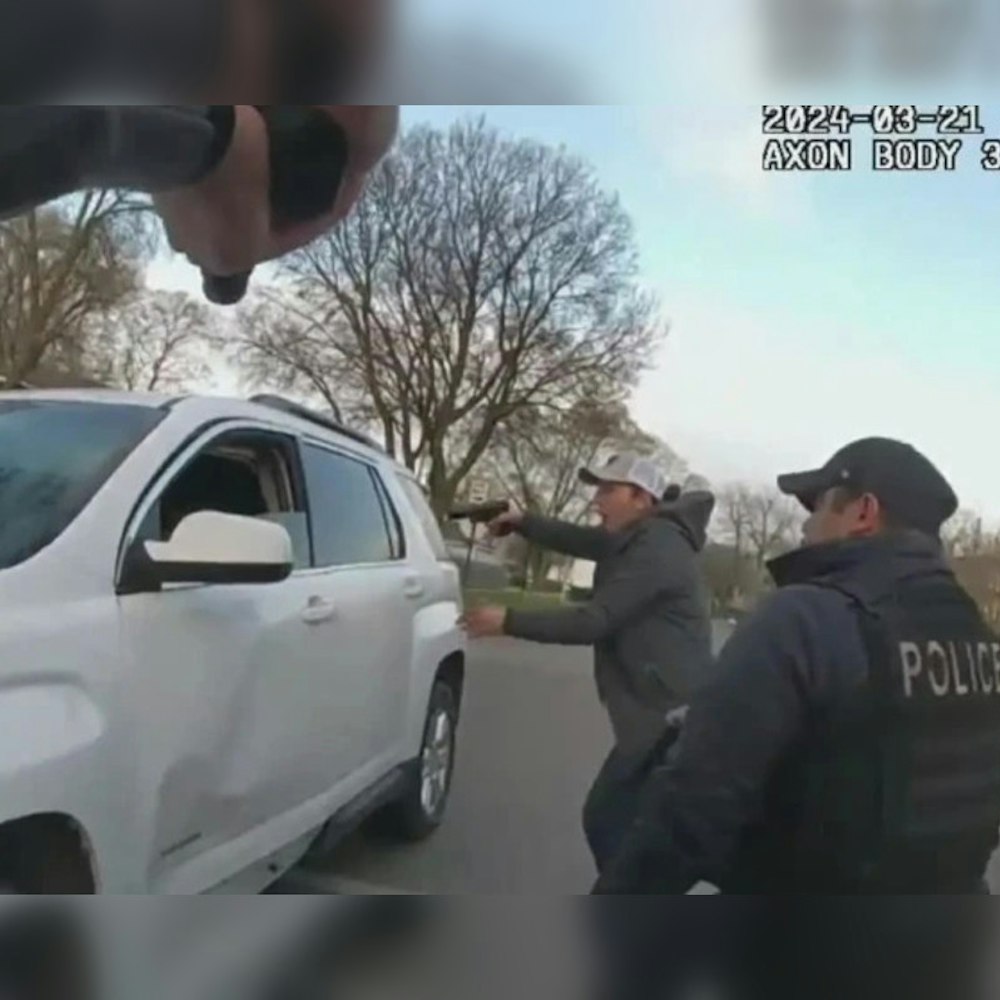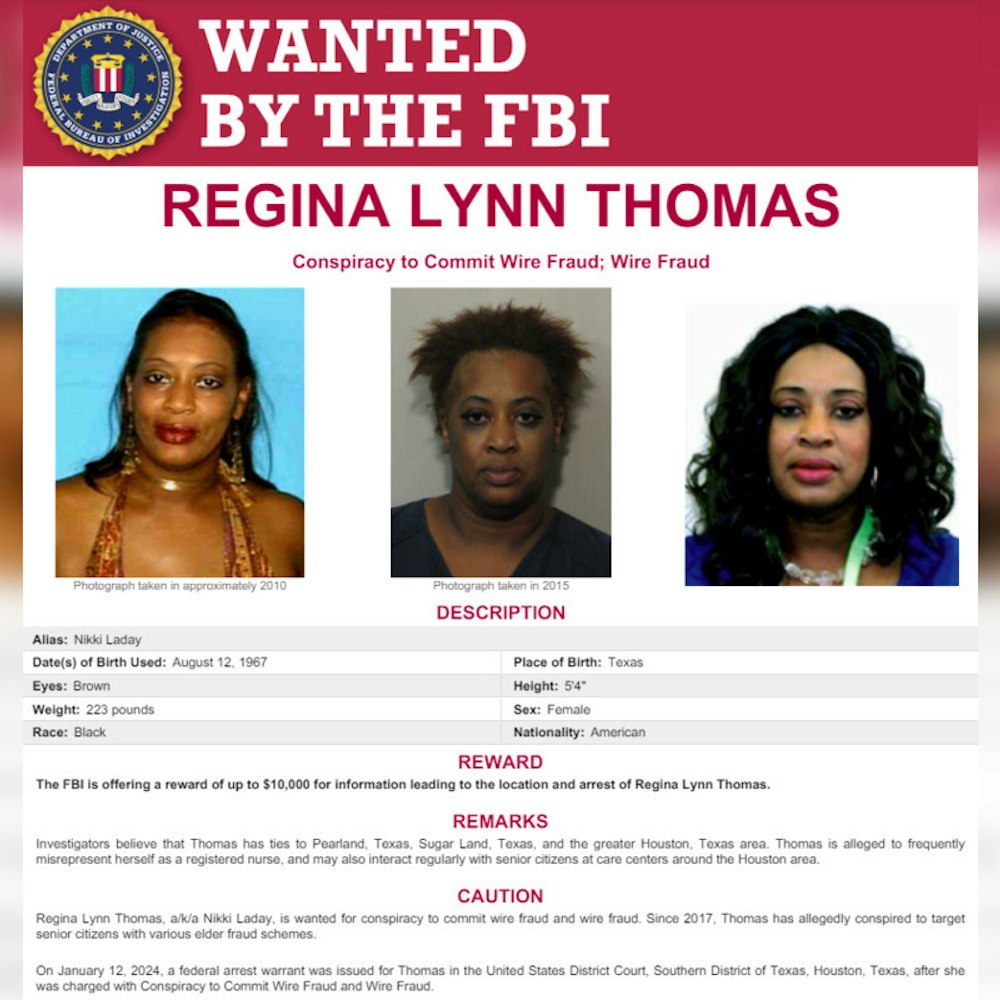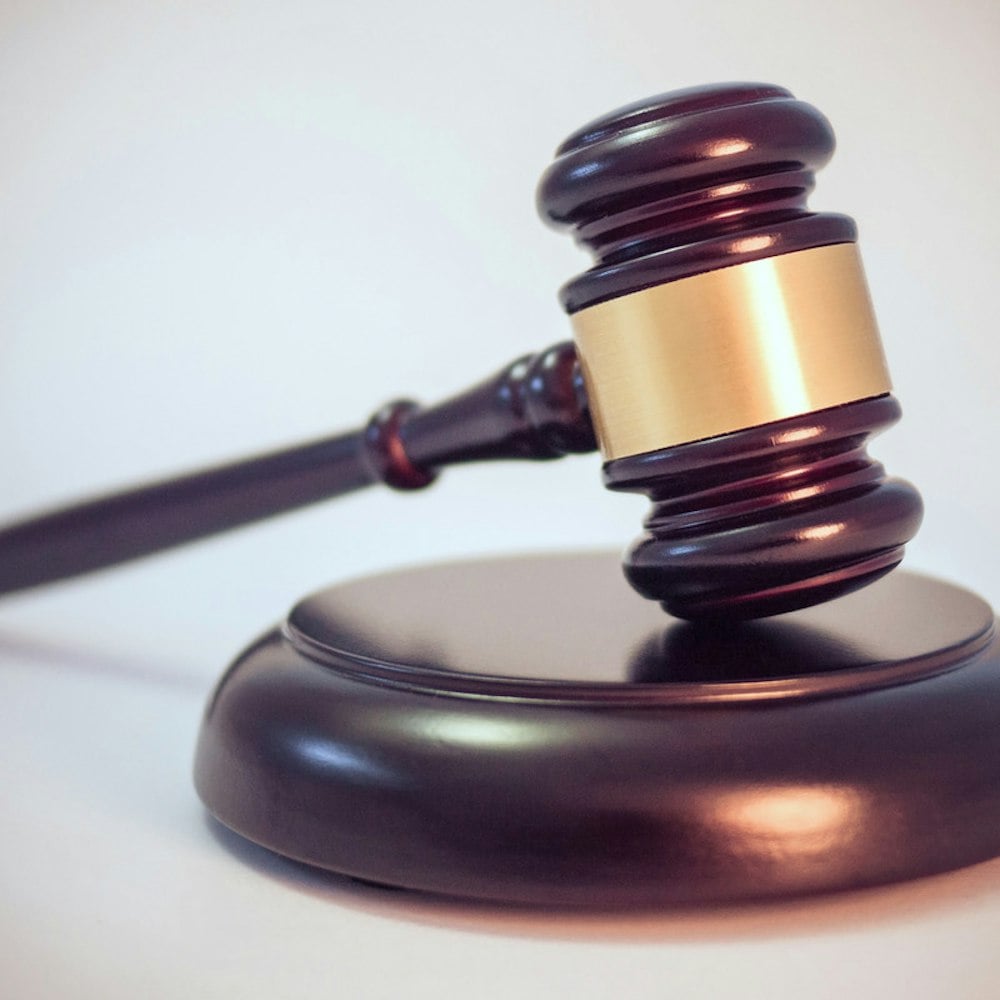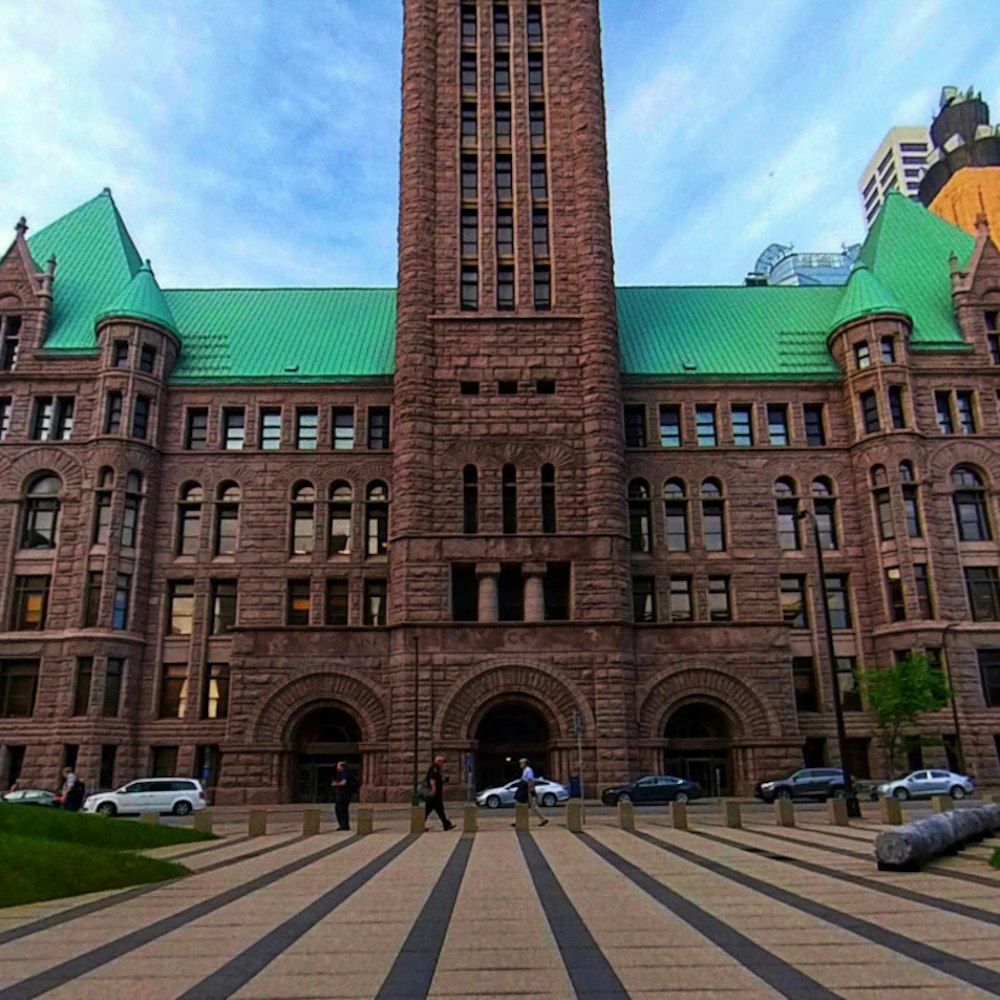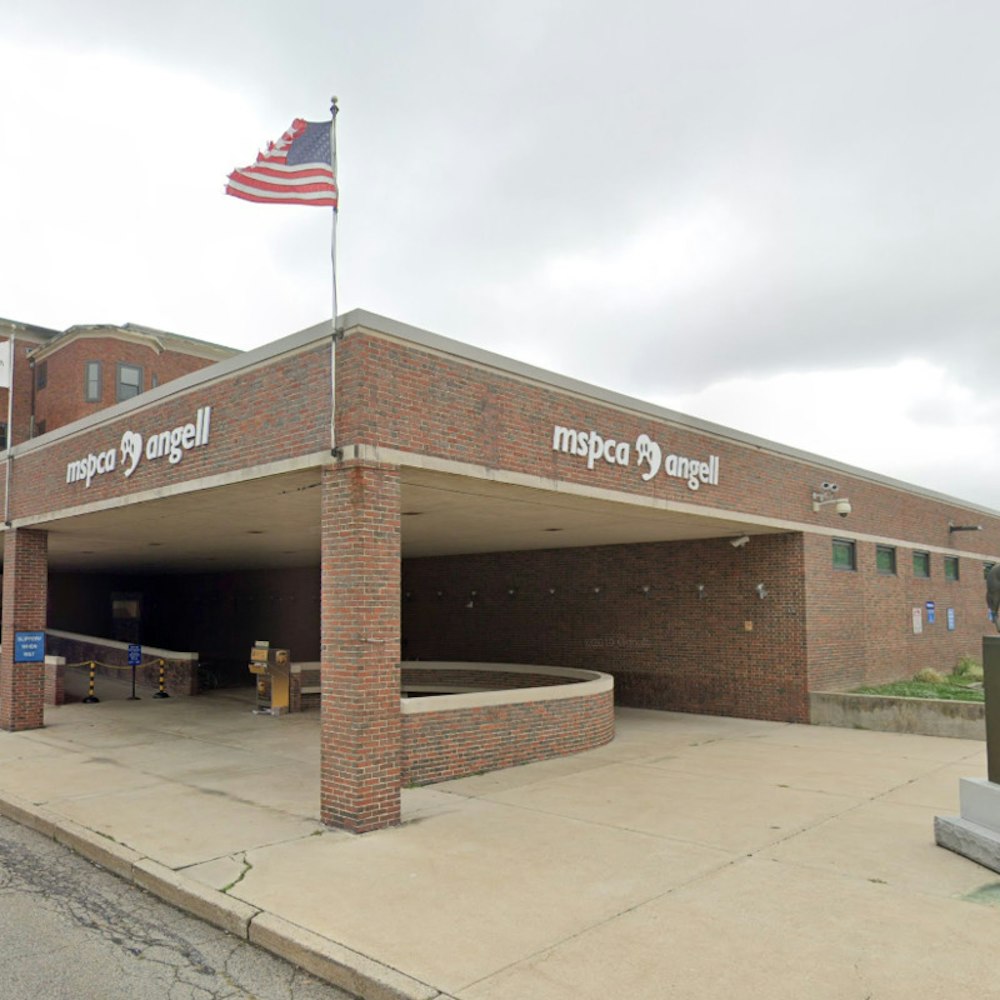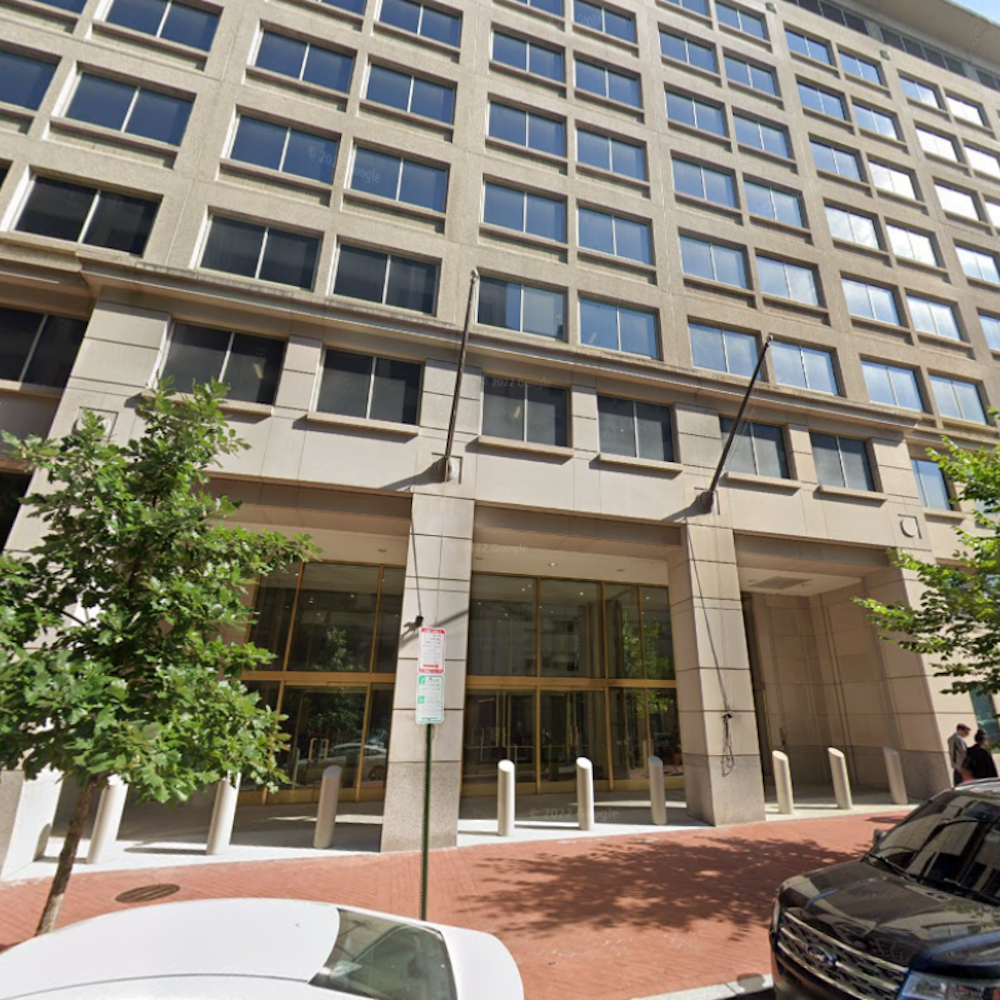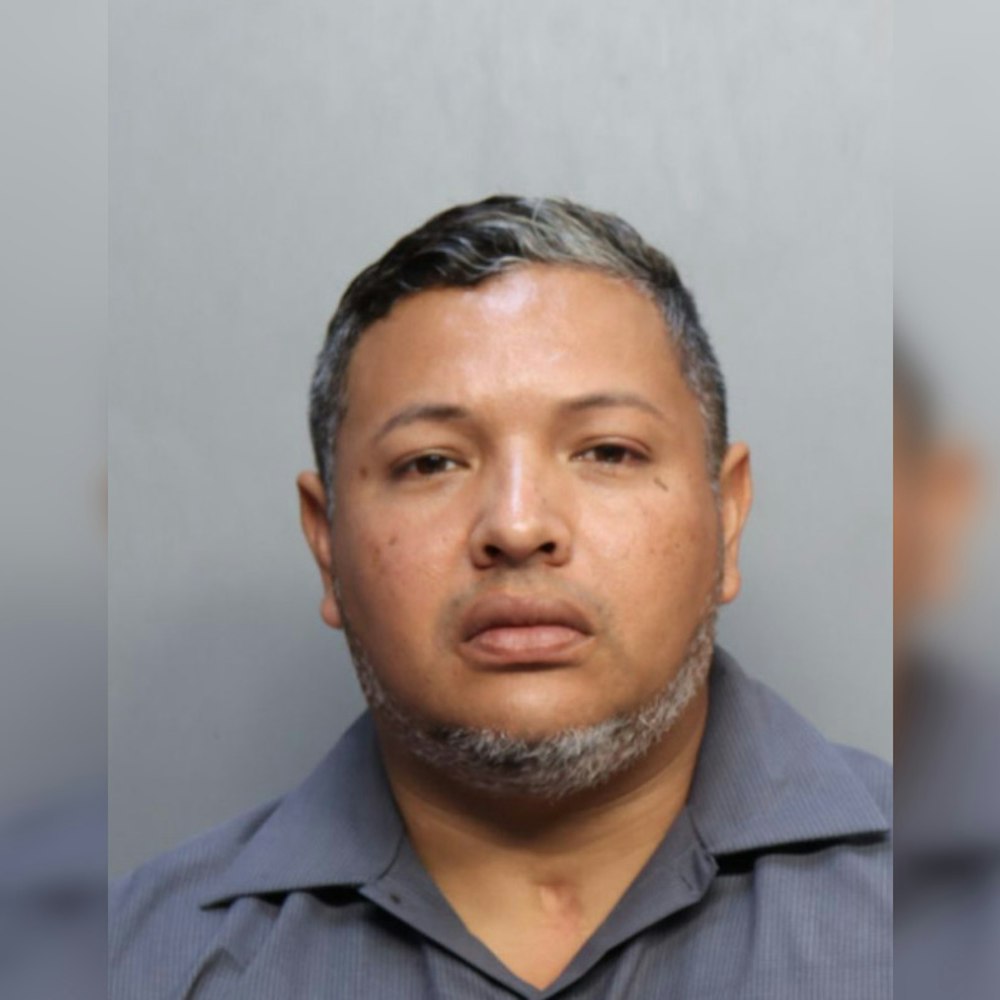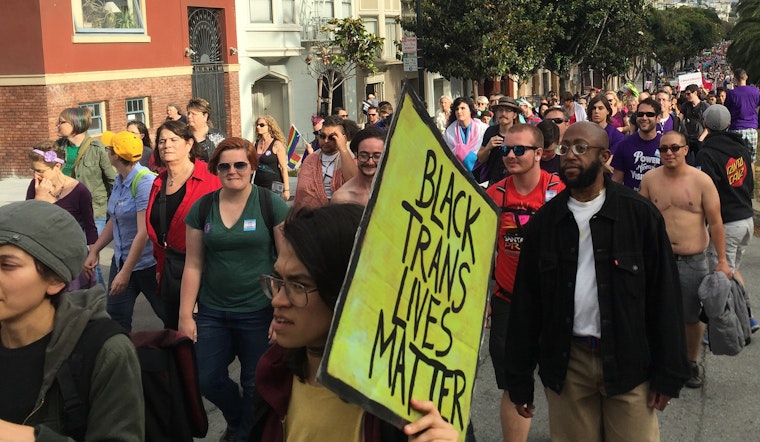
Donald Trump, who was sworn in as the nation's 45th president this morning, has said that he is an "ally" of the LGBT community. Yet the new President has assembled a virulently anti-LGBT cabinet, including Vice President Mike Pence and Secretary of Education Betsy DeVos, who have both been supported organizations that advocate for gay conversion therapy, and Secretary of Housing and Urban Development Ben Carson, who believes that being gay is "a choice."
As more and more conservative states threaten to pass "bathroom bill" laws that would force transgender people to use the public restroom that corresponds with the physical gender of their births, the Bay Area's transgender community is gearing up to fight back.
"Trump himself does not seem to harbor particular rancor for trans folks," said Eden Wills, treasurer for the annual SF Trans March. "But just about everyone he has chosen to do the actual running of the federal government is openly anti-LGBT, and some are very out and proud supporters of trans hate."
While marriage equality is now supported by a majority of Americans, the country remains evenly split on "bathroom bills." And transgender people, particularly those of color, have long suffered disproportionate rates of violence. LGBTQ Nation called 2016 the deadliest year on record for transgender Americans.
"Right now, everybody is in limbo," said Theresa Sparks, Mayor Lee's senior adviser on transgender initiatives. "We're uncertain, but preparing for the worst. Everyone is concerned about medical care and bathroom bills. I think we're in for a very rocky ride."
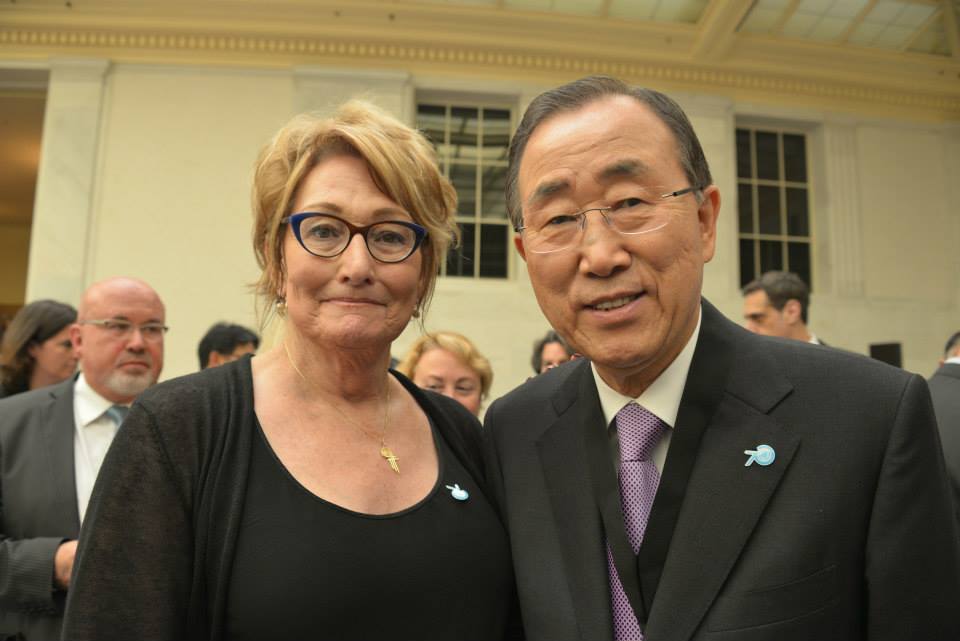
Sparks said San Francisco has incomparable support for its transgender community, and is providing assistance to other cities regarding their own transgender citizens.
But she noted that it was important to get both tech companies and more traditional businesses on board to continue to support the fight. "We need to support our local representatives," she said. "Stay involved. Stay vigilant. Politicians respond to their constituents."
Mia Satya, an advocate for transgender youth, agrees that trans people and their allies must hold government accountable. "Transgender Americans like myself are deeply concerned Trump will roll back protections in the workplace, in schools, and even encourage discrimination at shops and restaurants through 'religious liberty' bills like Vice President Pence created while Governor of Indiana," she told Hoodline.
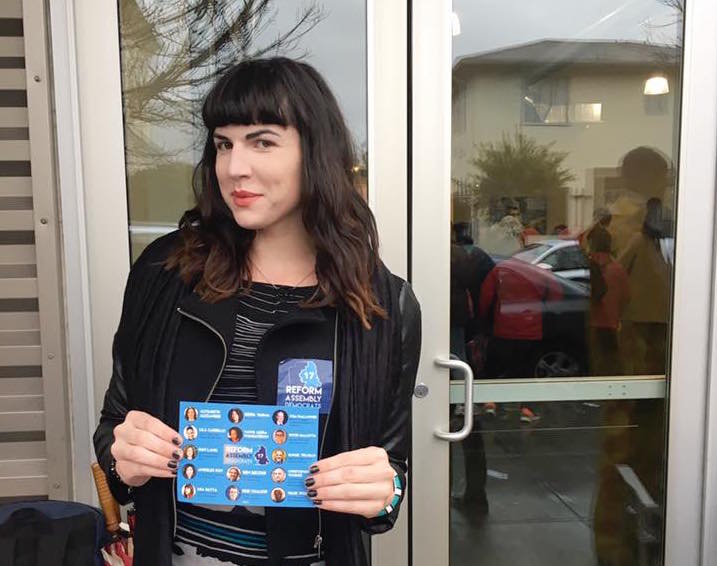
Satya also mentioned her concerns about the bathroom bills and for the safety of transgender kids in schools.
"The greater concern is that when people like Betsy DeVos say federal equal rights protections, including rights for disabled students should be left to 'local control,'" she said. "This translates to 'localities should be able to pick and choose who to discriminate against.' The same rationale used to support slavery and racial segregation is now being applied to discriminate against gender nonconforming, LGBT, and disabled people."
"Equal rights aren’t up for debate," said Satya. "They are part of what makes our country great."
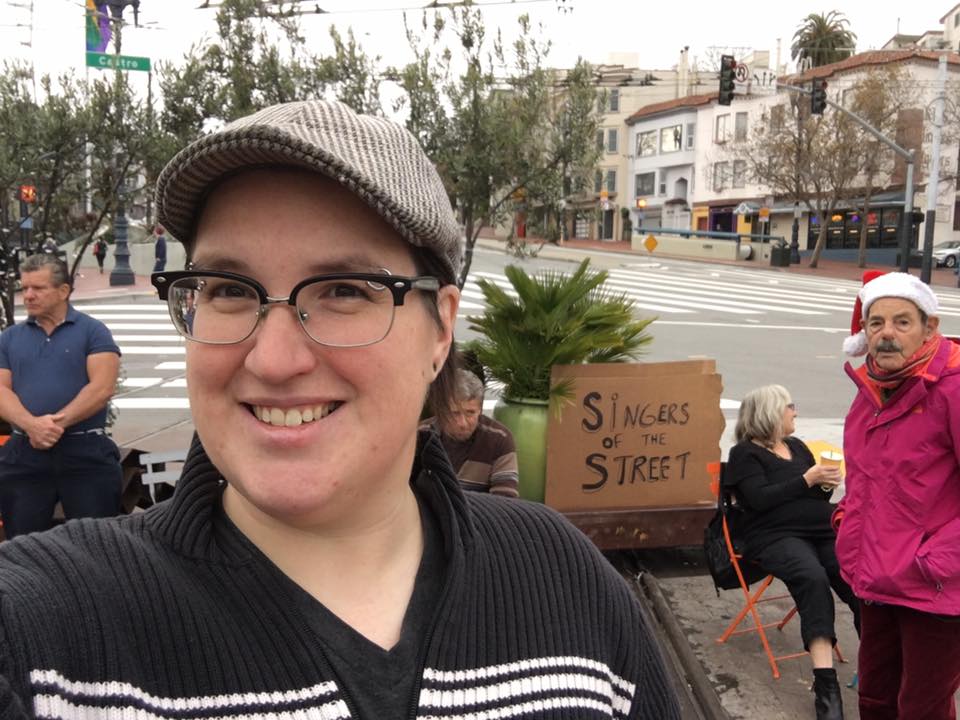
Rev. Dr. Megan Rohrer, the trans pastor of Grace Lutheran Evangelical Church, is the first transgender pastor to be installed at a Lutheran congregation. Rohrer, who prefers gender-neutral pronouns, expressed concern about a rise in anti-trans violence and the possibility of a rollback in equality laws.
"While courts have long ruled that Title 9 protections cover transgender individuals, newer health care victories and employment protections could be rolled back," Rohrer said. "Minimally, the large number of court vacancies and the Supreme Court appointment will have large implications for how transgender individuals will be treated by future courts."
Rohrer noted that the American Civil Liberties Union has been a strong supporter of the trans community. "The ACLU has vowed to fight for trans rights and recently secured a victory when they pushed President Obama to commute Chelsea Manning's sentence," they said.
Legal resistance is coming from local organizations, too. The Oakland-based Transgender Law Center (TLC) has already drawn up a 2017 Plan of Resistance to protect and expand its legal support for transgender people, particularly immigrants.
“Many transgender women come to the U.S. desperately seeking safety from persecution, and instead find more violence and abuse in detention centers, followed by deportation back to the life-threatening conditions they fled,” said Flor Bermudez, director of the TLC's Detention Project, which fights for transgender people in prisons and jails, state hospitals, and immigration detention.
“Our immigration system should respect the humanity of all people and the realities of the world we live in. But until that happens, we will do everything in our power to protect our communities and mobilize against politicians’ hateful and inhumane policies.”
The TLC also plans to expand is volunteer helpline, and is offering a new state-by-state resource, the Trans Legal Clinic Calendar, that will collaborate with community groups and cooperating attorneys across the country to host legal clinics and legal education about transgender issues on an ongoing basis.
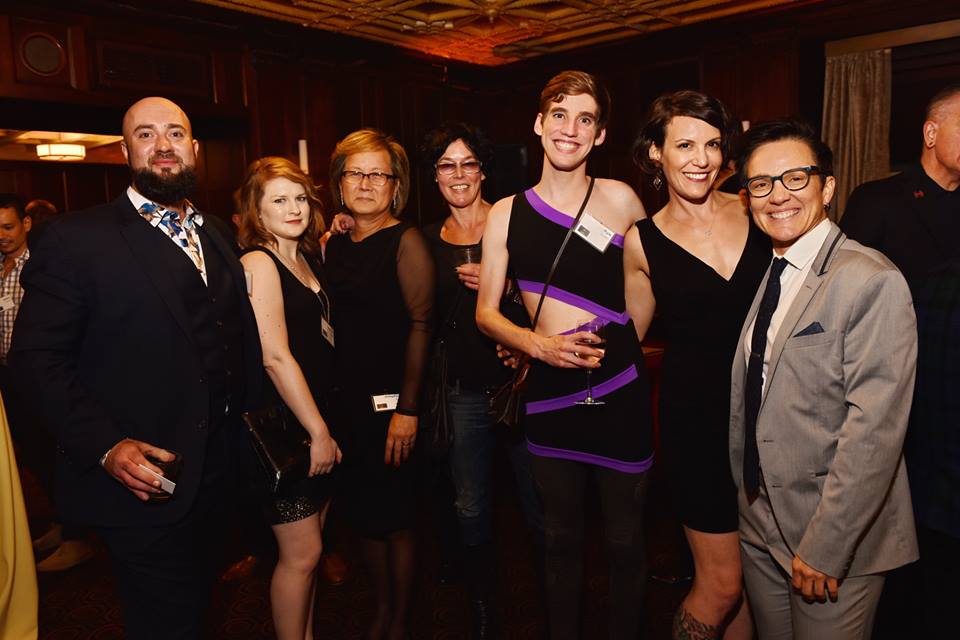
Rohrer acknowledged that transgender individuals in San Francisco and the Bay Area will be better off than their counterparts in other areas, but they urge trans people to do their homework when traveling.
"Travel will likely continue to be an issue for trans individuals," they said. "Not only do trans individuals have difficult experiences with TSA, but we we also have to research the discrimination, bathroom and other laws of the cities we may travel to."
